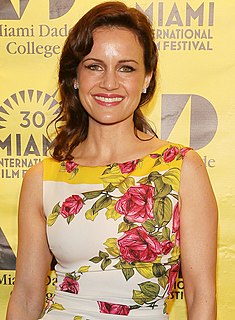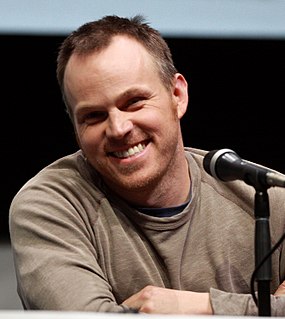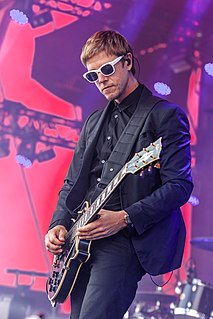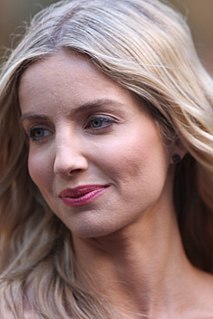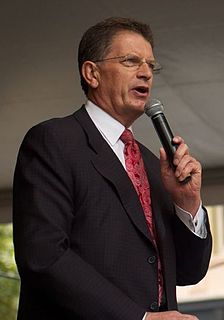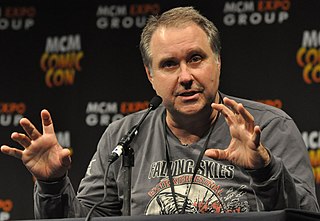A Quote by Masi Oka
At its core, 'Heroes' is an ensemble character drama with genre elements.
Related Quotes
I really feel our job as actors is to find a human experience in the character. So, for me, genre comes second; it's about script and the emotional journey of that character. Genre definitely has an impact, but it has more of an impact on the way the character is expressed. We all have the same core emotions of love, jealousy, rage - it's just how they're expressed.
I like being the lead but I like being in an ensemble. There are different challenges and dilemmas with both. If you're carrying a film, there's a certain weight, but there are a lot of scenes to explore the character. When you're in an ensemble, you have to convey the entire character in a limited number of scenes.


